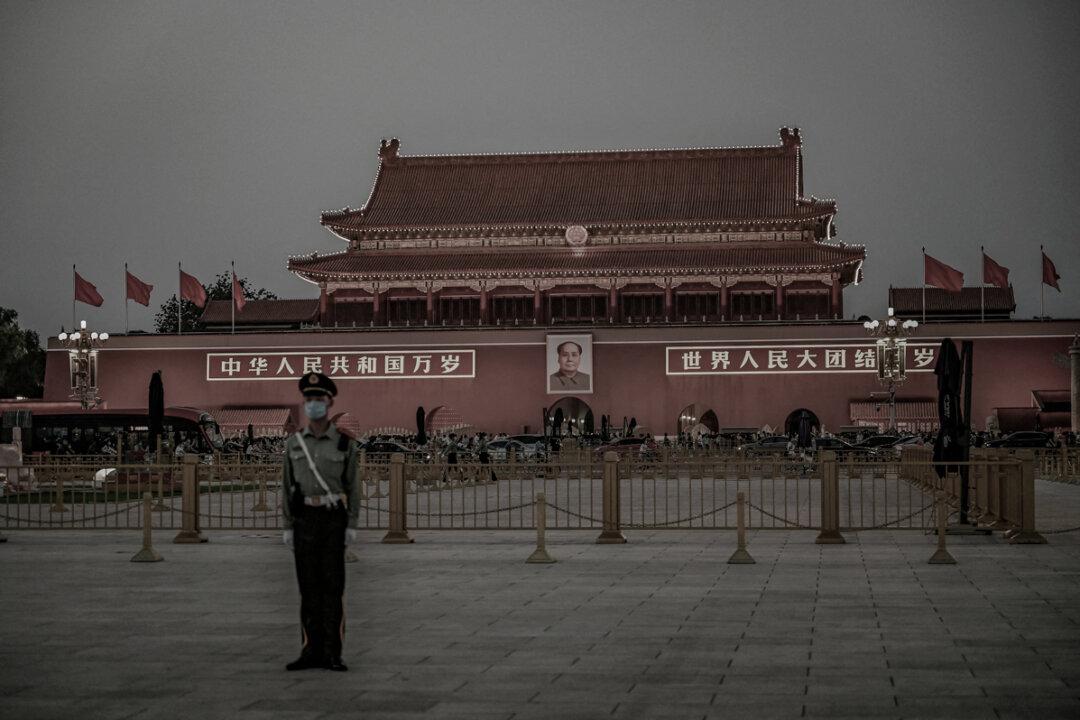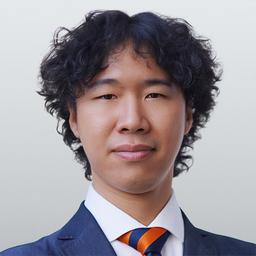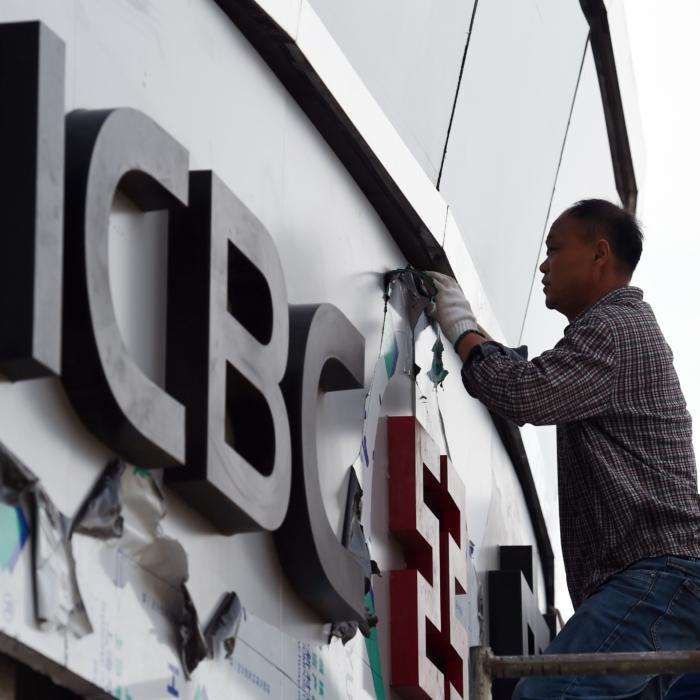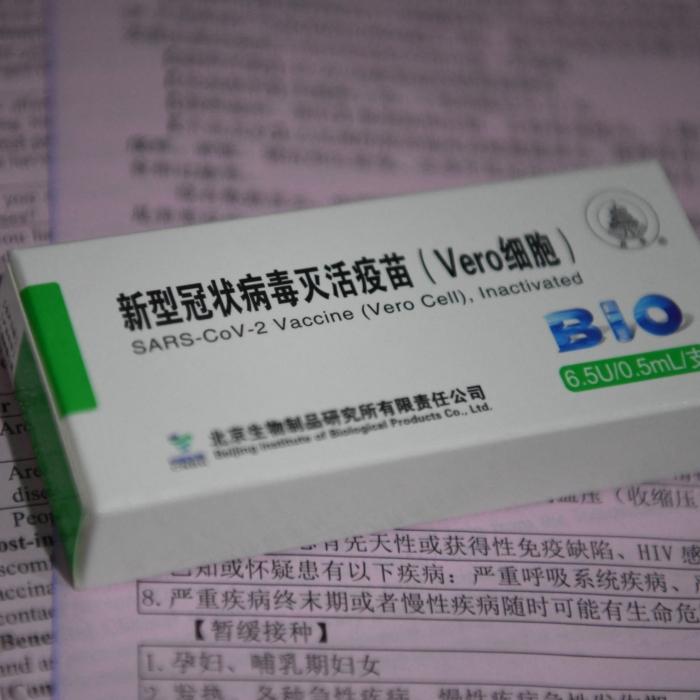June 4 this year marks the 35th anniversary of the Tiananmen Square Massacre. As this date approaches, instability is intensifying from the grassroots level in China to the higher levels of the Chinese Communist Party (CCP) and within its military, according to an insider and experts.
Mr. Tian lives in Hebei, China, near a local military base. He said that after Taiwan’s presidential election in January, every household in his area received emergency kits. He believes it indicated that the CCP was preparing for potential conflict, with Beijing being the first target.
However, he does not believe the areas around Beijing are safe for CCP leaders. He thinks internal stability is the main issue, as there seems to be widespread dissatisfaction with Xi within the military establishment.
Since last year, turmoil has persisted within the CCP’s military. China’s Rocket Force, Equipment Development Department, Joint Staff Department of the Central Military Commission, and other branches, including aerospace and defense enterprises, have been purged, with at least a dozen senior officials removed. This included former commanders of the Rocket Force, Gen. Li Yuchao, Gen. Zhou Yaning, and Defense Minister Li Shangfu.
On June 1, Lai Jianping, a former Chinese human rights lawyer and president of the Canada-based Federation for a Democratic China, told The Epoch Times that the anti-Xi sentiments in the military reflect a widespread consensus within the regime. The sentiment is no longer limited to the average Chinese public.
Emphasis on ‘Security’ and ‘Stability’
On May 28, the CCP held a national public security work conference in Beijing, during which Chinese leader Xi met with police representatives.In a report published the following day by the CCP’s mouthpiece Xinhua, Chen Wenqing, a member of the CCP’s Politburo and secretary of the Central Political and Legal Affairs Commission, delivered a speech at the meeting, emphasizing the need to “forge a loyal, clean, and reliable public security force” and stressing the need to “do everything possible to prevent risks, ensure safety, and maintain stability.”
On May 31, Xinhua published another report that mentioned “security” 12 times and “stability” 8 times in its report.
According to Mr. Lai, in recent years, particularly since the implementation of China’s “zero-COVID” policy during the pandemic, the CCP has created countless disasters in the Chinese people’s economic and social lives, with significant public grievances accumulating. This has prompted the CCP to emphasize “security” and “stability.” If stability fails, the CCP’s regime will be under threat. He believes that the public security work conference is essentially about discussing further measures to control the populace tightly, all to preserve the regime.
However, Mr. Lai also thinks these measures are having limited effect.
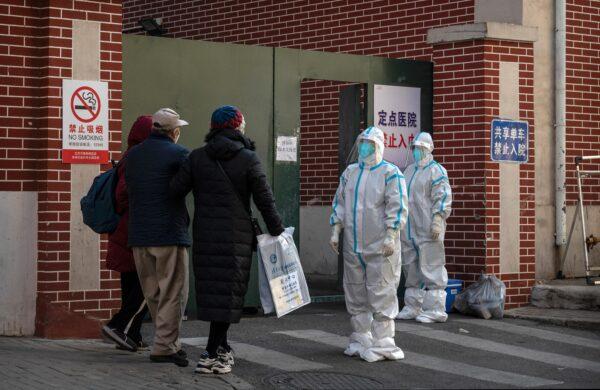
Continued Political Purge
The CCP will hold its third plenary session in July. In the lead-up, Xi’s regime has continued its political purges of high-ranking officials.Mr. Gou was last seen in public on May 22, attending a forum on Xi’s ideology. Before his downfall, several of his former subordinates were under investigation, raising questions about his involvement.
On May 25, the Central Commission for Discipline Inspection and the National Supervisory Commission reported that Xu Loushe, deputy director of the State Tobacco Monopoly Administration, was under investigation. He ranked first among deputy directors and had served for ten years, last appearing publicly on May 14.
Recent high-ranking officials who have fallen include Liu Xingtai, vice-chairman of the Hainan Provincial People’s Congress; Wang Hao, vice-chairman of the Jiangsu Provincial Committee of the Chinese People’s Political Consultative Conference; Tang Renjian, Minister of Agriculture and Rural Affairs; and Lou Wenlong, vice president of the Agricultural Bank of China.
